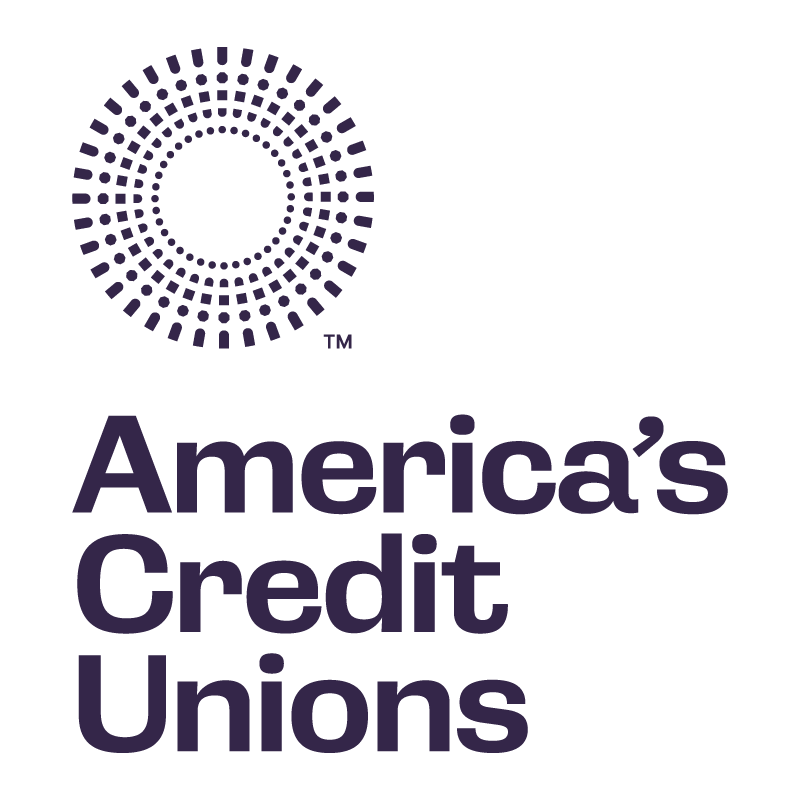|
On April 10, 2023, President Biden signed a resolution ending the National Emergency (NE) as of that date. While the
NE has ended early, the presidential action does not affect the Public Health Emergency (PHE), which is still set to expire on May 11. How does this affect employee benefit plans? Based on informal guidance from the Department of Labor (DOL), it does not. The NE and PHE affect different aspects of employee benefit plans. As you may recall, the NE sets forth the tolling of deadlines for purposes of COBRA, HIPAA special enrollment, claims submission, claim appeals, and independent third-party review of denied claims. This tolling of deadlines is called the Outbreak Period, which ends the earlier of (1) one year after the individual was first entitled to relief; or (2) 60 days after the expiration of the NE (or another date announced by DOL, the Treasury Department, and the IRS). Once the Outbreak Period ends, regular deadlines are back in effect. Although the NE ended on April 10, the DOL maintains that the Outbreak Period will continue to run through July 10, 2023 (60 days after the anticipated NE end of May 11). The PHE, on the other hand, expired on May 11 and affects COVID-related benefits offered under health plans. The government recently released frequently asked questions (FAQs) to provide clarification and additional guidance regarding the end of both the NE and PHE. Key Takeaways
This information is provided by Lockton Companies, which administers the Minnesota Credit Union Employee Benefits Plan. Login to view the full alert. Comments are closed.
|
The PulseThe Pulse is MnCUN's newsletter that keeps credit union professionals and board members updated on current news and information. Archives
July 2024
Categories
All
|

 RSS Feed
RSS Feed

